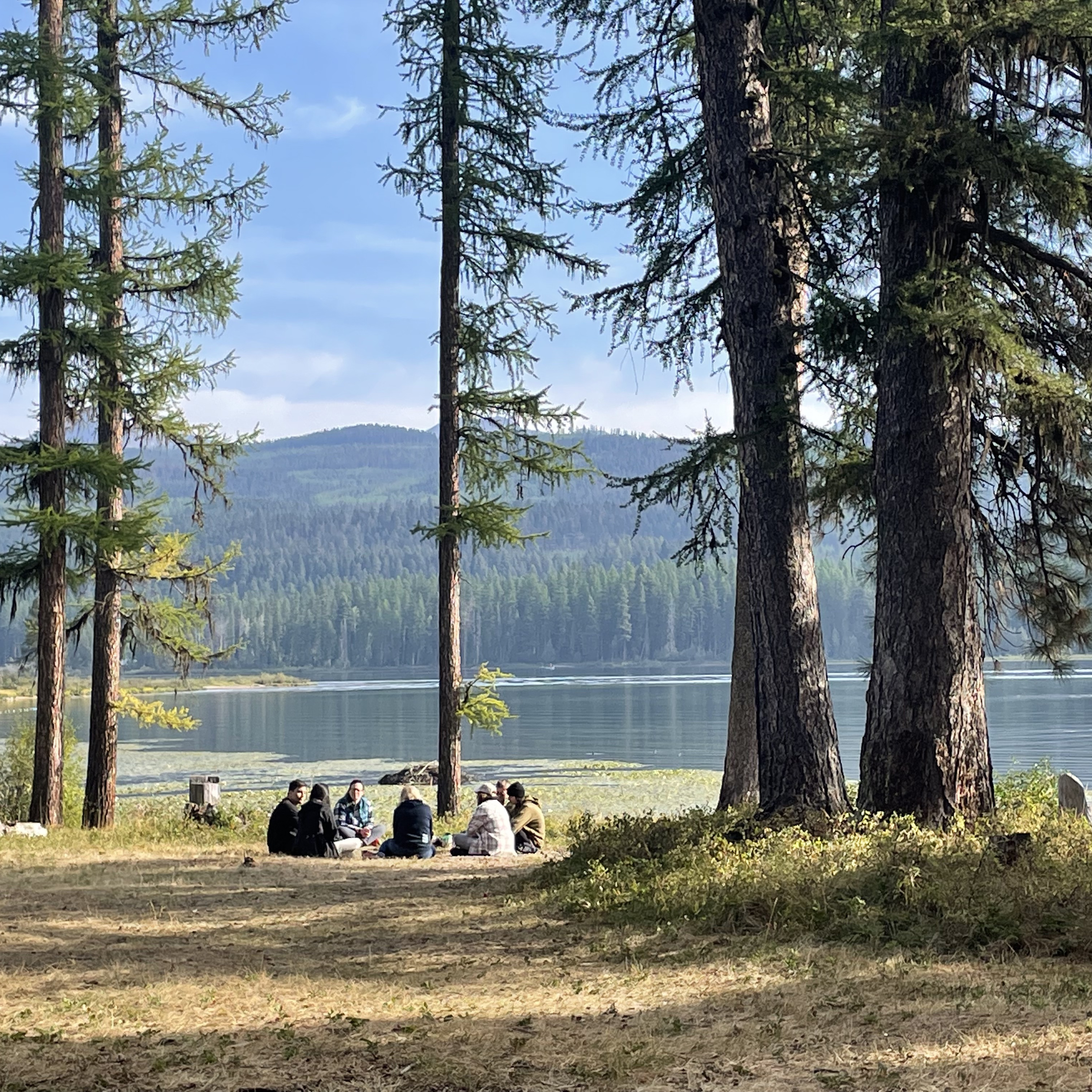FAQ
Frequently Asked Questions
Registration for the PEAS internship works the same way as registration for any other course. Once registration opens, students can find and register for the course through Cyberbear. Look for ENST 396 (undergraduate students) or ENST 590 (graduate students). The courses will be listed as supervised internships.
Students from any undergraduate major or graduate program are able to register for internship courses on the PEAS farm. We often have students from environmental majors, but also students from anthropology, philosophy, and even musical theater! Students from all majors and programs on campus are encouraged to join our crew and explore augmenting their studies with a focus in food and agriculture.
The PEAS Farm Internships are designed for students passionate about creating a more healthy, just, and sustainable food system and who plan to pursue a career in the food system. While some students go on to apprentice, manage, and start farms of their own, many students come to the farm to learn valuable skills for careers outside of traditional farming.
In addition to the tangible skills of growing over 40 varieties of fruit, vegetable, and seed crops, PEAS Farm Internships provide students with other experiences that support their lives and careers. PEAS Internships help cultivate connections with other people and organizations doing work related to food and agriculture. From partners at the Food Bank, colleagues at Garden City Harvest, farm and food business owners, to organizers building food sovereignty and seed stewardship, PEAS helps students get connected with businesses and nonprofits for internships and jobs that kickstart a career in our food system.
While students are learning the basic skills of farming, they are also working together, communicating, and problem-solving, developing skills essential in any workplace. Because students at the PEAS Farm engage with the soil, plants, and animals, and are outside almost every day, this experience helps students develop their relationship with the land. Finally, students at PEAS develop lifelong friendships, an essential component of any life and any college or graduate school experience.
In the fall and spring, students will have the opportunity to select specific field sections that fit their class and work schedules. With that said, students are required to spend six hours a week on the farm in order to successfully complete the program. Additionally, fall and spring students also participate in a once-weekly lecture during which attendance is required, so students should plan their schedules accordingly. Any minor scheduling conflicts can usually be addressed and worked around. Contact Caroline Stephens with further questions.
Zero experience is required! Students will be given the proper instruction and tools to be in a relationship with the land no matter their educational or work backgrounds. Students from diverse backgrounds -- both those who grew up driving a tractor and those who have never held a shovel before -- have all had meaningful experiences on the farm.
Appropriate clothes for farm work are usually old, comfortable, and begging for dirt. The sun is strong year-round in Missoula, so long sleeves that protect the skin, as well as sunglasses and a hat, are helpful. Other useful things to bring include a water bottle, layers for rainy or cold weather, and closed-toe shoes that can get wet.
In short, students will learn the science and practice of sustainable agriculture. A major part of the learning experience is learning by doing. At the farm, students will grow 60,000-70,000 pounds of produce for the Missoula community. To grow this food, students learn core farm practices, such as cultivar selection, seeding and planting, irrigation, weed and pest management, cover cropping, composting, harvesting, and other topics. As we farm, we slow down and talk about what we’re doing and why, as well as how our farm practices carry out the core principles of agroecology, such as nutrient cycling, resilience, diversity, and co-creation and sharing of knowledge.
Learning is also seasonal, so students in the spring internship learn spring-relevant lessons, while students in summer or fall learn lessons appropriate for those seasons. To get the full season of experience, consider taking spring, summer, and fall semesters at PEAS.
Farm work during the season ranges from seeding trays in the greenhouse, to planting seedlings, harvesting, weeding, and many other physical tasks. Many of these tasks involve walking on uneven terrain, bending over, kneeling or squatting, and some lifting. Additionally, Missoula weather can vary across the season; springs are cool and rainy, summers are hot and dry, and the fall is a bit of both. Students should expect to work outside (or in a greenhouse) in all of Montana’s weather conditions.
Above all, we aim to make this experience as accessible as possible for UM students. Many farm tasks can be modified, and we often work as teams and in small groups to lighten the load for everyone. We also adapt our workdays to potentially challenging weather conditions such as snow, hail, wildfire smoke, or extreme heat. If you have any physical concerns about farm work, please contact Caroline Stephens.
The PEAS Farm is located at 3010 Duncan Drive, and is situated on 10 acres of Missoula County Public School land in the upper Rattlesnake Valley. The farm is roughly two miles north of campus. Students may drive or carpool to the farm (10 minutes), bike (15-20 minutes), or bus (schedule here).
The 60-70,000 pounds of produce harvested each year goes to various outlets in the Missoula food system. First, 15,000 pounds of storage crops, but also seasonal produce goes to the Missoula Food Bank. Roughly 25,000-30,000 pounds goes towards the farm’s Community Supported Agriculture program, which feeds 110 families in Missoula. An additional 5,000-7,000 pounds goes to the Youth Harvest Program’s Mobile Market, which delivers produce to several low-income senior residences around Missoula. We also grow produce for the UM Food Pantry, Missoula Headstart, the Lowell School Food Pantry, and other local community organizations.
